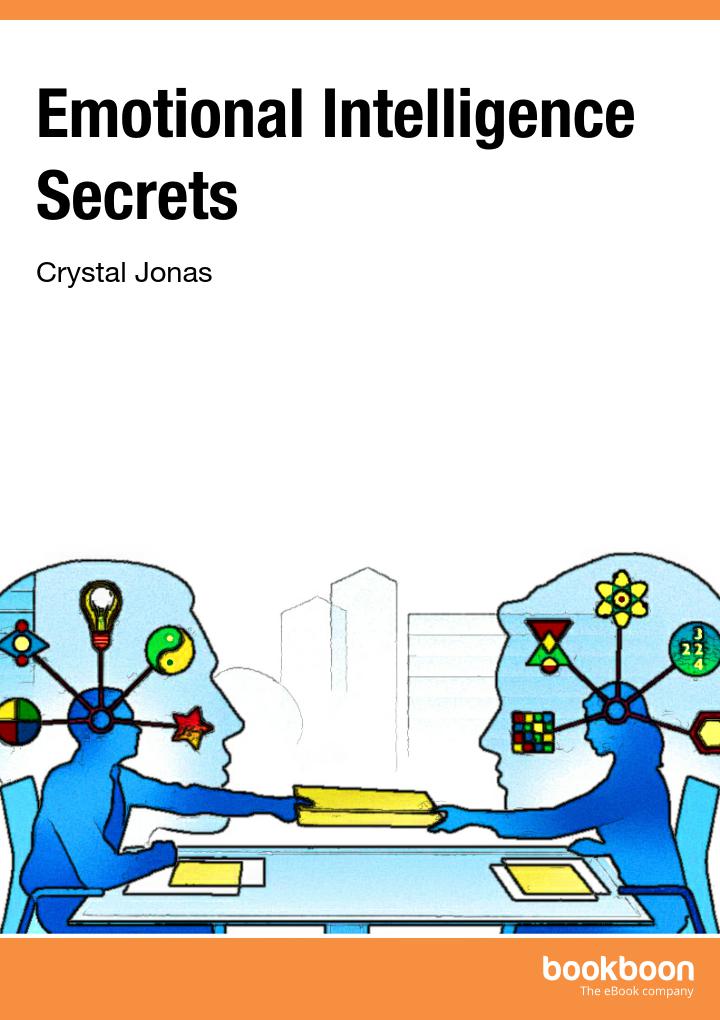Essential ‘people skills’ you need to help and develop others

All relationships rely on social skills. These skills offer means of interacting with others that help boost productivity, improve relationships, and increase your general quality of life. Social skills can also be called ‘people skills’. People who have high levels of this competency are: easy to talk to, good team players, good at resolving disputes, excellent communicators, focused on helping others and skilled at building relationships.
There are eight skills that are associated with Emotional Intelligence (EI) social skills. Let’s take a closer look at every one of them.
Influence
Influence is the ability to have an impact on others and their decision-making. The social skill of influence occurs when a person is seen as: being ‘in the know’, having superior experience or information, a leader, trustworthy and having integrity. What is different about influence in the light of emotional intelligence is that you use your influence to help others help themselves.
Leadership
Influence and leadership are related, in that you cannot lead someone without influencing them in some way. Like influence, leadership is not restricted to hierarchical positions. A director or supervisor depends somewhat on his or her title or position in order to lead. Others are expected to follow simply because of the difference in position between them. Yet leaders can be found anywhere in an organization – especially EI leaders. They can be at the bottom rung of the organizational ladder and still be able to perform their job in a way that has their co-workers following along after their example.
Developing Others
One of the best indicators of emotional intelligence is the willingness and ability of a person to help develop others. Those who have this aspect of EI are aware that they can develop others in tandem with developing themselves. They are confident enough in themselves and their own abilities that they will not be threatened by the success of others. They recognize that helping others to achieve their goals is a win-win situation: it makes them feel connected to and invested in others, which in turn enhances a sense of belonging and teamwork.
Communication
This skill is a vital one for all of the other EI competencies. Communication is how you learn, and learning is how you become aware. Communication is how you resolve conflicts, help develop others, and how you understand the other person’s point of view. Every interaction we have with others involves some form of communication, and those that are adept at it will also be better at forming lasting bonds and building trust.
Change Catalyst
A person who is a change catalyst is not satisfied with doing things the way they’ve always been done simply because that’s the way they’ve always been done. She is forward-thinking and open to change as a way of improving herself, helping others to improve, helping organizations to improve, or customers to improve. In general, she understands that change is part of life and part of remaining competitive.
Conflict Management
Those skilled in conflict management are able to recognize that conflict can be an opportunity. It can help individuals or a work group to: solve problems, improve processes, heal rifts, strengthen relationships and learn new skills.
Building Bonds
Improving emotional intelligence will naturally enhance your ability to build bonds because your people skills, communication skills, and self-confidence will all be enhanced. But if you focus on building bonds, you will be creating a type of social network that will increase both the number and type of relationships that you are able to create. Those who have this skill make concerted efforts to: make friends at work, spend time developing mutually beneficial relationships or keep others informed.
Teamwork and Collaboration
This skill requires that you develop a view of teams as something that need nurturing. Like an individual, a team needs to be attended to if it is going to function at its best. The person with this EI skill also understands that collaboration is a powerful took for decision making, relationship building, and creating a pleasant and productive work environment. People with this skill: share information and resources to foster collaboration, find ways for all members of the team to bring their strengths to the table, build a team identity and foster team pride.




